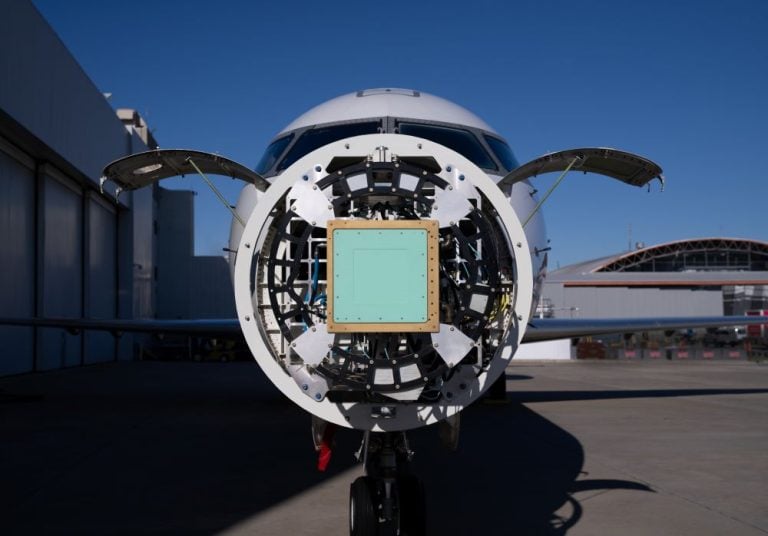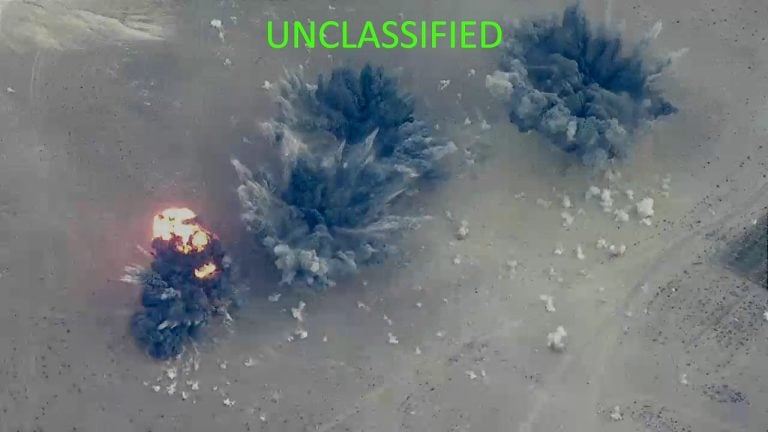North Korea has issued a strong denunciation of the recent agreement between South Korea and the United States to develop nuclear-powered submarines, warning that the deal could potentially trigger a “nuclear domino” effect across the region. In a statement released through its state media on Tuesday, the North criticized the initiative, categorizing it as a “dangerous attempt at confrontation.”
This commentary follows South Korean President Lee Jae Myung’s announcement last week about the finalization of a significant security and trade agreement with the U.S., which includes plans to advance the development of atomic-powered vessels. Seoul has affirmed that this agreement incorporates “support for expanding our authority over uranium enrichment and spent-fuel reprocessing.”
The response from North Korea marks its first official reaction to the submarine program, emphasizing that it represents a “serious development that destabilizes the military security situation in the Asia-Pacific region.” The North’s leadership argued that the deal complicates the broader issue of nuclear control on a global scale.
North Korean officials warned that South Korea’s acquisition of nuclear submarines could ignite a regional arms race, describing it as certain to lead to a “nuclear domino phenomenon.” The statement further suggested that North Korea would pursue “more justified and realistic countermeasures” in light of what they perceive as confrontational intentions from the U.S. and South Korea.
Moreover, North Korean state media indicated a series of advancements in their own military capabilities, including the completion of a ballistic engine test. Experts suggest that North Korea may be gearing up for the full launch of a new intercontinental ballistic missile (ICBM) in the near future.
Interestingly, these escalations come just a day after Seoul made a proposal for military talks with Pyongyang aimed at preventing border clashes, marking the first such overture in seven years. President Lee has also expressed willingness to engage in broader discussions with North Korea without preconditions, representing a significant shift from the more hardline approach adopted by his predecessor.
Experts have noted that concerns in North Korea regarding South Korea’s potential nuclear submarine capabilities could lead to perceptions of the South transitioning towards semi-nuclear weapon state status. Yang Moo-jin, a professor at the University of North Korean Studies in Seoul, indicated that the situation could hinder prospects for future inter-Korean military discussions.
At the same time, Beijing has expressed caution regarding the Washington-Seoul nuclear submarine agreement. Chinese Ambassador to Seoul, Dai Bing, highlighted that the partnership extends beyond commercial interests, directly impacting global non-proliferation efforts and the stability of both the Korean Peninsula and the wider regional landscape.







